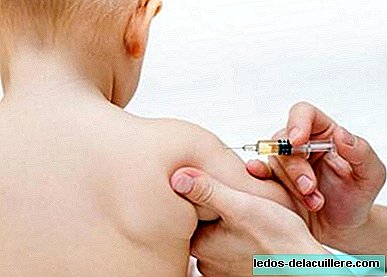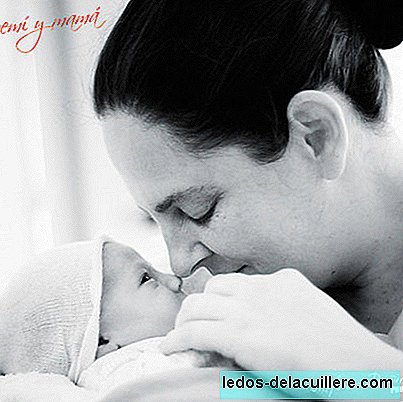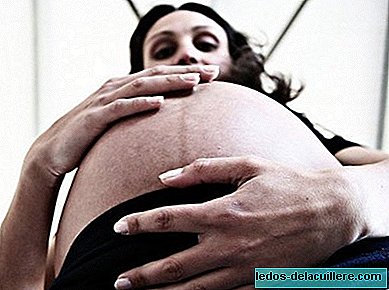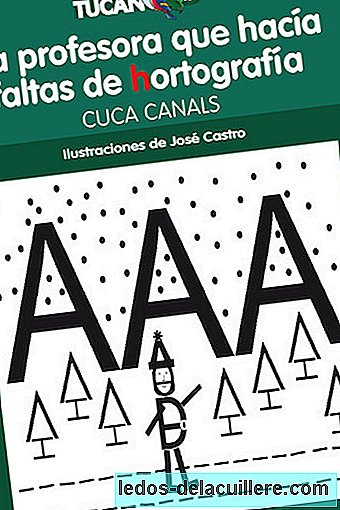
It has been more than a year since the meningitis B vaccine arrived in our country and as a pediatric nurse, I have not seen one of them, nor do I know any children who have been vaccinated with it.
This is very curious, because all Spanish children are vaccinated against meningitis C, against haemophilus influenzae and those who can afford Prevenar 13, against pneumococcus, a bacterium that can also cause meningitis, but are not vaccinated for meningitis B, which is more prevalent.
Given this situation, the Spanish Association of Pediatrics (AEP) has again publicly requested the inclusion of the meningitis B vaccine, named Bexsero, in the national vaccine calendar.
Bexsero, the approved vaccine
The Spanish Agency for Medicines and Health Products (AEMPS) approved the Bexsero vaccine, from Novartis, in April 2013. The approval document specifies the doses to be administered and the ages at which it is recommended to take, but also explains the because it is not used as a preventive measure for the entire population.
Apparently, since 2009 the incidence of meningococcal disease is decreasing. The decrease in meningitis C seems to be due to the protection of all children for a few years now, but meningitis B has also decreased and as they say, it may be due to "cyclic changes that affect the evolution of the disease in the long term", which I interpret as "now it is going down, in the future, with cyclic changes, it will be seen". According to the figures they give us, the rates notified in the European Union between 2011 and 2012 are of 0.80 cases per 100,000 inhabitants, being 65% of the cases caused by meningococcus B.
Since the incidence of cases is stable and there are still no studies on the clinical efficacy of the vaccine (data from immunogenicity studies conducted with humans are positive, so it is considered that the vaccine may be useful), they consider that no It should be used in all children, for now.
However, as I say, the AEP requests that it be included in the vaccination card or that, if not, allow the sale of the vaccine in pharmacies so that parents who want (or can afford it) buy it for your children.
Why include it in the calendar

The reasons for the AEP are the same for which the meningitis C vaccine is already included: both meningitis and septicemia that can cause serogroup B of meningitis are life threatening, infants, children and adolescents being the most vulnerable.
The United Kingdom and Canada have already included it in their vaccination calendars and are administering it to all children in their population. Other countries in our environment have not included it, but allow the sale of the vaccine for parents to decide whether to buy it or not (as we do here with the Rotavirus and the pneumococcus, and we did with the chickenpox).
The AEP also gives us incidence figures, and explain that type B meningococcus is the cause of 7 out of 10 cases of meningitis in Spain and that last year between 400 and 600 affected were registered (figures slightly higher than those exposed by AEMPS, which at 0.80 per 100,000 would give about 376 cases a year).
One in ten cases is insurmountable, dies, and the rest can be left with serious sequelae such as seizures, deafness and mental retardation. So it seems that the disease is worse than the remedy, if the vaccine is able to prevent it.
A few weeks ago, Jorge Megías, president of the Irene Megías Foundation against Meningitis spoke at the presentation of the Bexsero vaccine, supporting his inclusion in the vaccine calendar and explaining the cases of his daughter Irene, 17, who died of this disease in just 5 days and that of another child, 8 years old, who as a result has had to be amputated from both legs.
Is it worth administering to all children?
I think so. More considering that currently vaccines are being given for diseases with a lower incidence or for less lethal diseases. But you know, 'palace things are going slowly' and in Spain, that we don't reach the palace and we stay in a knife, I don't even tell you.












